Fermentation is a crucial process in various industries, including food and beverage production, brewing manufacturing. The success of fermentation largely depends on a variety of factors, with temperature being one of the most critical. Understanding the optimal temperature for a fermentation tank is essential to achieving the desired outcomes in terms of flavor, aroma, and product quality.
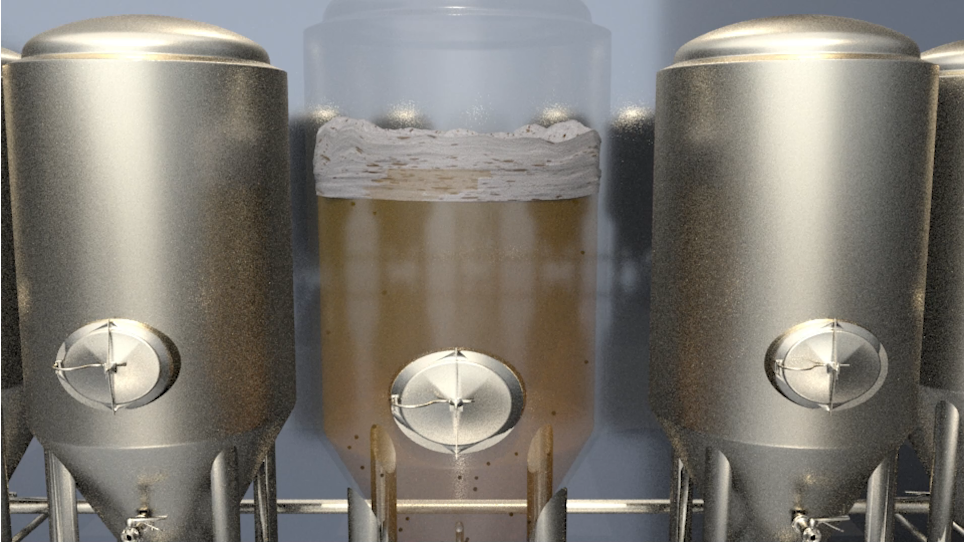
The Crucial Role of Temperature in Beer Fermentation
Temperature plays a pivotal role in fermentation as it directly influences the activity of microorganisms responsible for converting raw materials into the desired end products. These microorganisms, such as yeast and bacteria, have specific temperature ranges within which they thrive and carry out their metabolic processes efficiently.
Factors affecting fermentation temperature
Type of Microorganism: Different microorganisms have different temperature preferences. Yeast used in brewing, for example, typically thrives in the range of 60-72°F (15-22°C), while lactic acid bacteria used in yogurt production prefer a slightly warmer range around 104-113°F (40-45°C).
Desired Product: The temperature you choose can significantly impact the final product. For instance, in beer brewing, cooler fermentation temperatures tend to result in cleaner and crisper flavors, while warmer temperatures might bring out more complex and fruity characteristics.
Fermentation Rate: Higher temperatures generally lead to faster fermentation rates. However, this can also lead to increased production of undesirable byproducts. Slower fermentations at lower temperatures might produce more desirable flavors and aromas.
Contamination Risk: Elevated temperatures can also increase the risk of contamination by unwanted microorganisms. Maintaining a controlled environment within the fermentation tank is essential to ensure the dominance of the desired fermentation microorganisms.
Optimum temperature range for common fermentations
Beer Brewing: Ale yeast fermentation usually occurs between 60-72°F (15-22°C), while lager yeast fermentation takes place at cooler temperatures around 45-55°F (7-13°C).
Wine Fermentation: Red wines are typically fermented at warmer temperatures, around 75-85°F (24-29°C), to extract color and flavor compounds from the grape skins. White wines and rosés are usually fermented at cooler temperatures, around 45-60°F (7-15°C), to preserve delicate aromas.
If you are interested in beer brewing equipment, Tiantai offers a wide selection of equipment for every step of the brewing process. Warmly welcome to discuss beer brewing and brewery equipment with me~ We will be honored to support you in building your brewery dream.
Edited by Cassie
E-mail:[email protected]
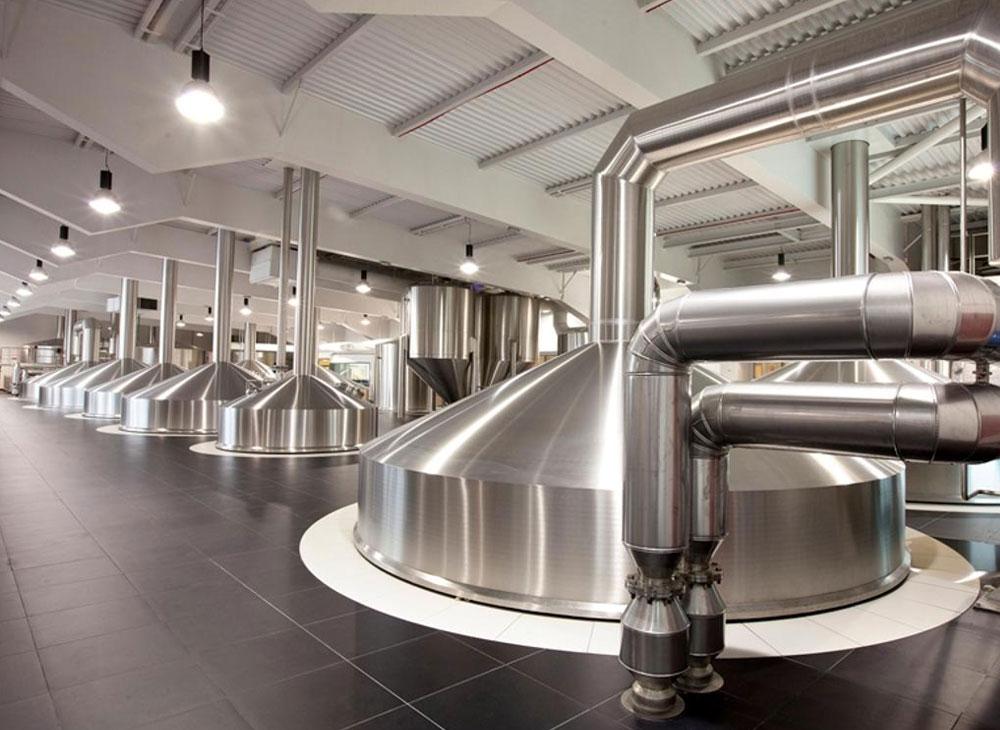
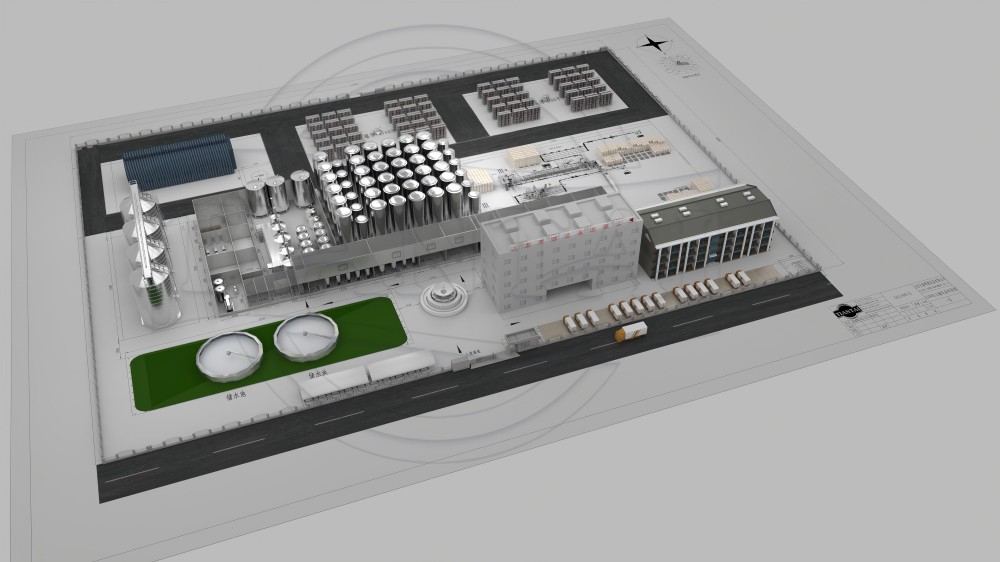
.jpg)
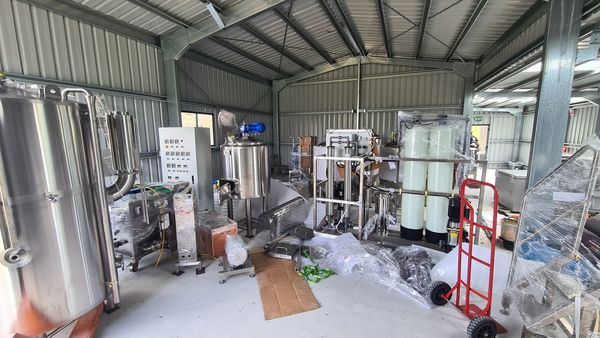
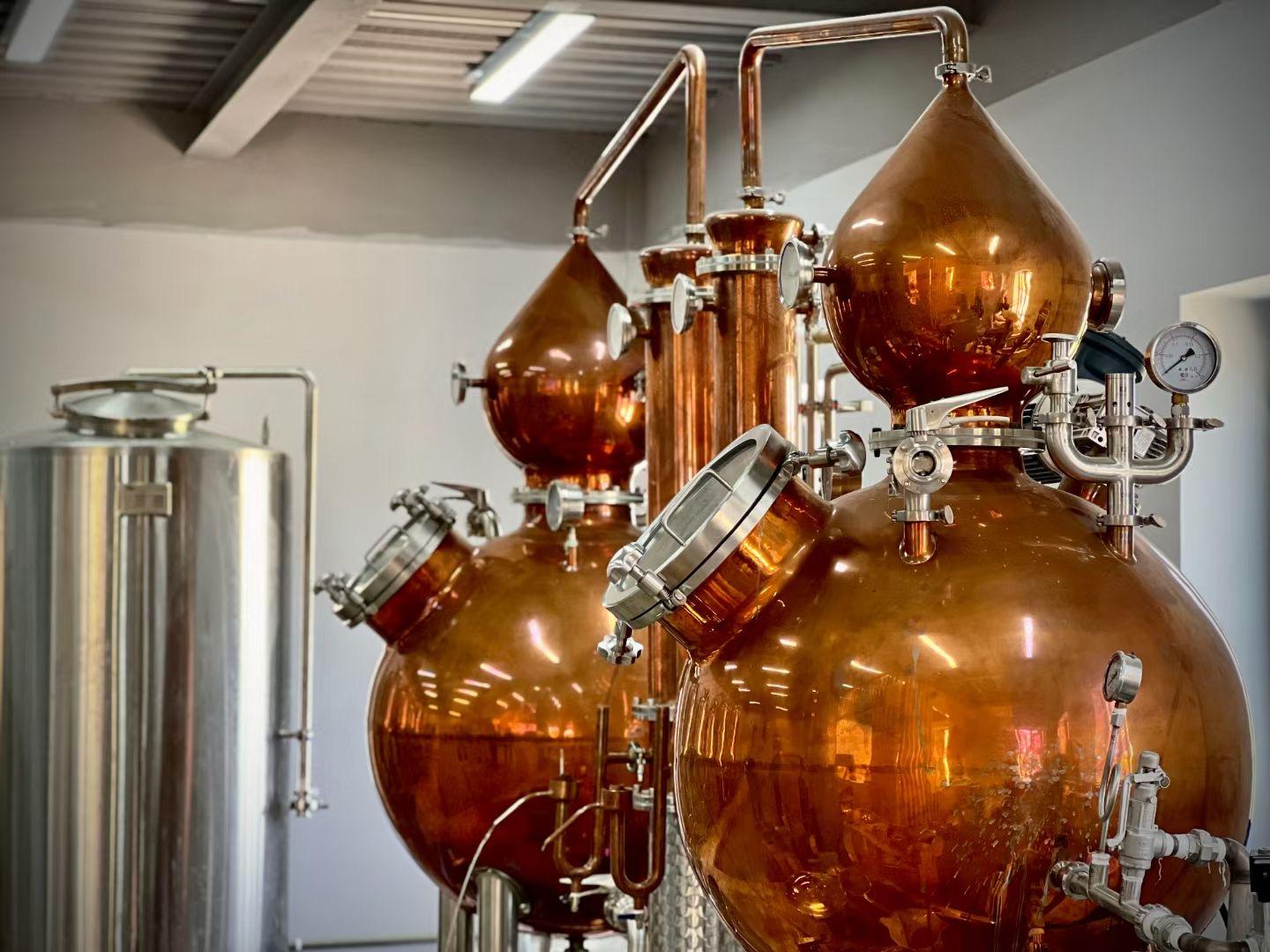
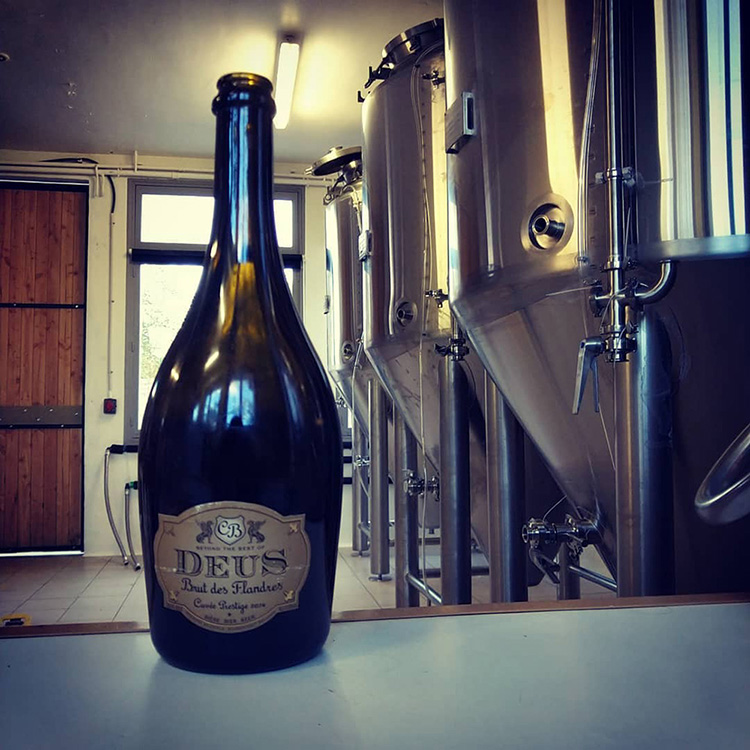
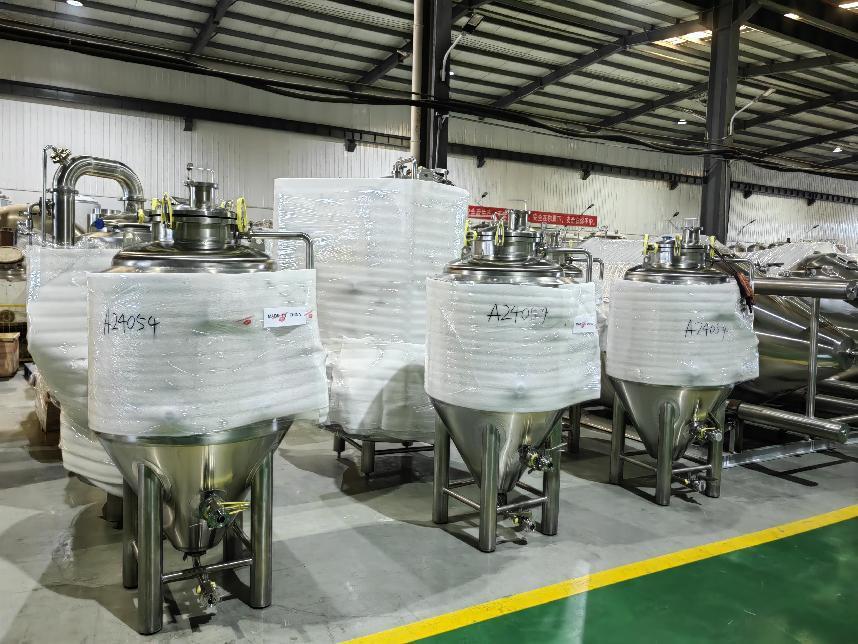
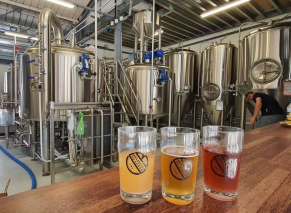
Get A Quote